Jockey Hollow is part of America’s first National Historical Park, Morristown National Historical Park which marks their 90th Anniversary in 2023. We also know there is a Jockey Hollow Bar and Kitchen, a four-part restaurant housed inside Morristown’s historic Vail Mansion owned by New York restaurateur Chris Cannon. But for this piece, we’re going to focus on the Jockey Hollow that was known during the Revolutionary War.


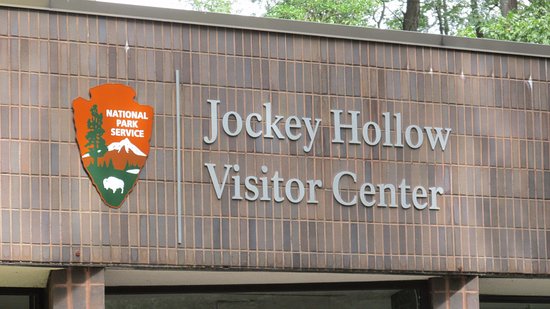
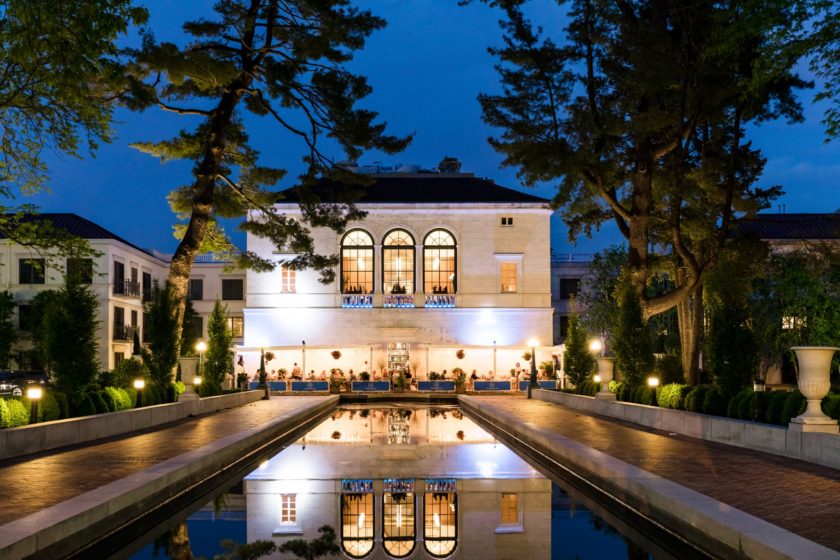
If you visit, walk to the top of the hill in the Jockey Hollow area of Morristown National Historical Park. Look around and think how in 1780 the area contained over 200 soldier huts, covered in feet of snow. The Jockey Hollow Winter Encampment was home to over 16,000 National Army soldiers who volunteered and endured one of the harshest winters in American history. Why this area is not more famous than Valley Forge is a mystery.
Each enlisted huts housed 12 men and were laid out in rows of 8 and were 3-4 rows deep. The winter was fierce and claimed the lives of over 100 soldiers. The officer’s huts were larger and housed 1-4 officers, depending on their specific rank. Washington set up his residence at the Ford Mansion, about 5 miles away. No matter how you look at it, the winter at Jockey Hollow was one of the greatest challenges General Washington faced in keeping the volunteer army united.
Strange that there is no definition for the origins of the name Jockey Hollow.
So what is a Jockey Hollow?Mr. Local History
Definitions
History tells us that Jockey Hollow is the name for an area in southern Morris County, New Jersey farmed in the 18th century by the Wick, Guerin, and Kemble families. The origin of the name is still uncertain, but we are on a mission to find out what it could have meant. Jockey Hollow is now the 1,200-acre section of the larger Morristown National Historical Park and contains the Wick House/Farm and the welcome center.
The dictionary defines a jockey as “a person who rides in horse races, especially as a profession. A “hallow” means “without significance or “having a hole or empty space inside.” So what could they mean if they’re combined to name a place? This is where we need your help.
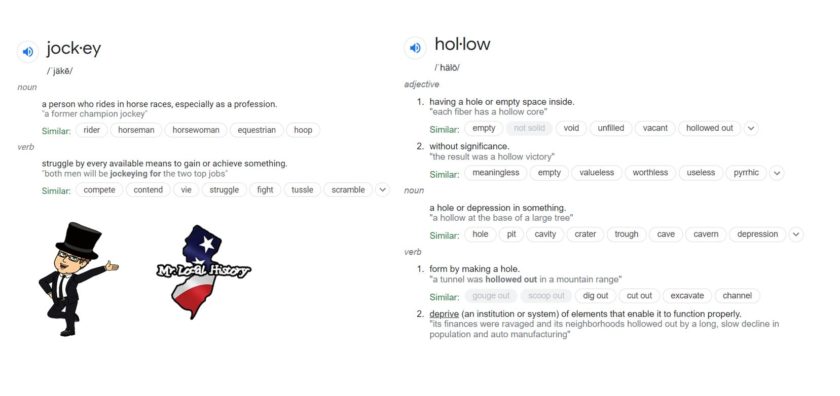
The internet is a great place to uncover things. As more digital content comes online, sometimes we get lucky and find the answer. So here’s the challenge: We know where Jockey Hollow is, but we don’t know what it is. Post a comment in the comment section below if you think you have the answer (or a possible answer).
Jockey Hollow Extra
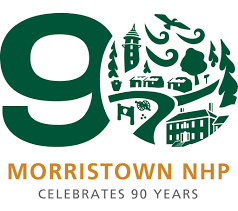
Morristown Historic Keepsake
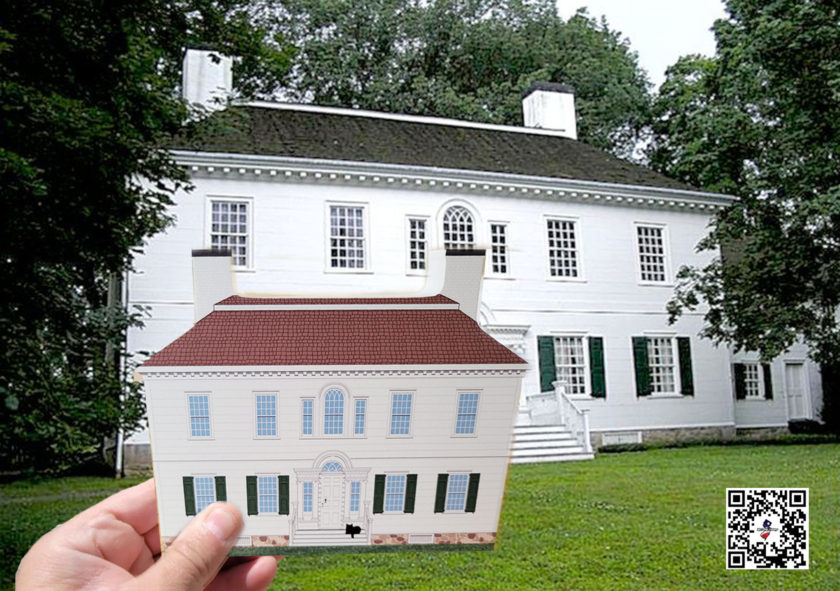
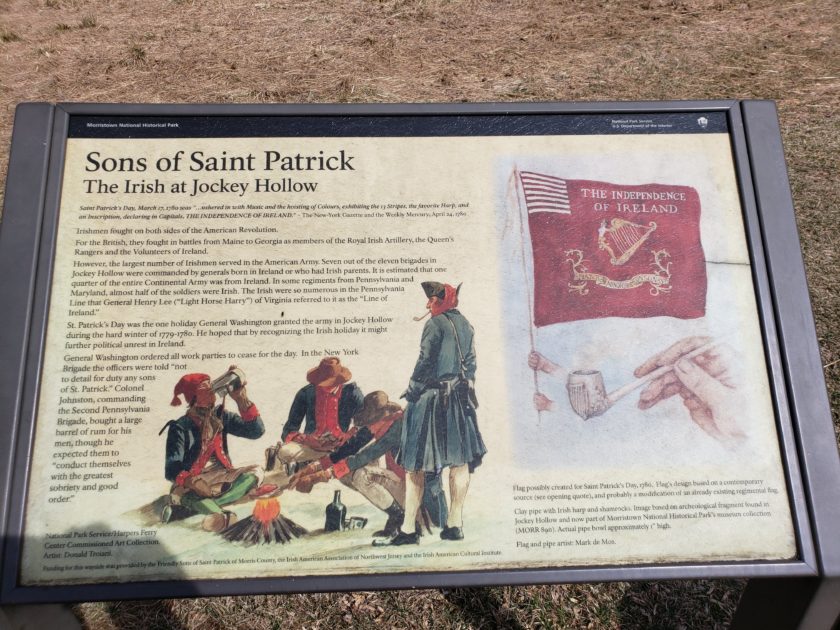
I grew up in Bedminster Twp. and when we’d go to Morristown shopping we’d often take “the back way” through Mendham and Jockey Hollow. The road in those days went right past Tempe Wick house, which is now bypassed. My mother would often tell the story of Tempe Wick and that area.
The name Jockey Hollow was just a name for a hollow in the hills, much as the Appalachians refer to a “Holler.’ I don’t know where the “Jockey” part of the name came from. I would suspect a link between the Wickes love of horses and the name though.
My ancestor, Capt. Cornelius Davenport, was an aide to General Washington that winter of 1779-80 and because of his extensive land holdings, businesses and contacts in the community was able to greatly aid in the provisioning of the troops there. The family story is that when the snow finally went away in the late spring that he brought his son down from Milton (riding double) to meet “the great man” Gen. Washington. When it became evening and was time to leave he sent the boy home alone on the horse, despite the threat of British cavalry patrols in the area. The theory being that a small boy on a horse would be able to outrun the heavy British troopers. He made it home safely.
If you look up the history of Morris County from the 1880’s (?) you will find Cornelius and friends signed a local version of the Declaration of Independence voicing their support for the Second Continental Congress in the spring of 1776. So he was an ardent Patriot and great admirer of Gen. Washington.